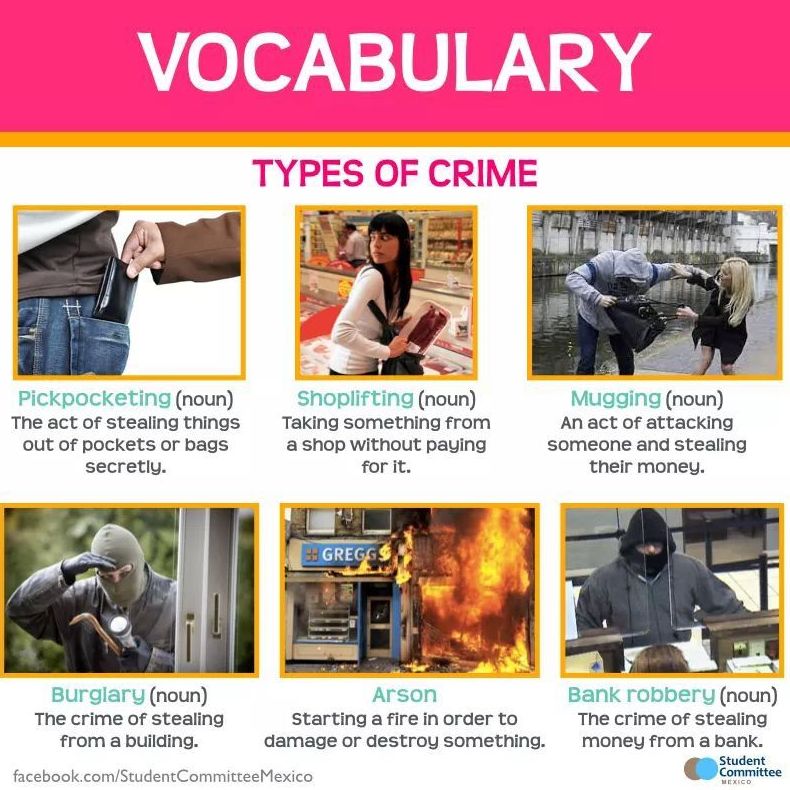Telling stories is common in any language. Think of all the situations in which you might tell a story in everyday life:
- Talking about last weekend to a friend
- Giving details about something that happened during a job interview
- Relating information about your family to your children
- Telling colleagues about what happened on a business trip
In each of these situations - and many others - you provide information about something that happened in the past.
In order to help your audience understand, you need to link these ideas together. One of the most important ways to link ideas is to sequence them. Read this example paragraph to get the gist:
A CONFERENCE IN CHICAGO
Last week I visited Chicago to attend a business conference. While I was there, I decided to visit the Art Institute of Chicago. To start off with, my flight was delayed. Next, the airline lost my luggage, so I had to wait for two hours at the airport while they tracked it down. Unexpectedly, the luggage had been set aside and forgotten. As soon as they found my luggage, I found a taxi and rode into town. During the ride into town, the driver told me about his last visit to the Art Institute. After I had arrived safely, everything began to go smoothly. The business conference was very interesting, and I enjoyed my visit to the Art Institute a lot. Finally, I caught my flight back to Seattle.
Luckily, everything went smoothly. I arrived home just in time to kiss my daughter good night.
LEARN MORE ABOUT SEQUENCING
Sequencing refers to the order in which events happened. These are some of the most common ways to sequence in writing or speaking:
BEGINNING YOUR STORY
Make the beginning of your story with these expressions.
Make sure to use a comma after the introductory phrase.
First of all,
To start off with,
Initially,
To begin with,
To begin with, I began my education in London.
First of all, I opened the cupboard.
To start off with, we decided our destination was New York.
Initially, I thought it was a bad idea, ...
CONTINUING THE STORY
You can continue the story with this expressions, or use a time clause beginning with "as soon as", or "after", etc. When using a time clause, use the past simple after the time expression.
Then,
After that,
Next,
As soon as / When + full clause,
... but then
Immediately,
Then, I started to get worried.
After that, we knew that there would be no problem!
Next, we decided on our strategy.
As soon as we arrived, we unpacked our bags.
We were sure everything was ready, but then we discovered some unexpected problems.
Immediately, I telephoned my friend Tom.
INTERRUPTIONS AND ADDING NEW ELEMENTS TO THE STORY
You can use the following expressions to add suspense to your story.
Suddenly,
Unexpectedly,
Suddenly, a child burst into the room with a note for Ms. Smith.
Unexpectedly, the people in the room didn't agree with the mayor.
SPEAKING ABOUT EVENTS OCCURRING AT THE SAME TIME
The use of "while" and "as" introduce a dependent clause and require an independent clause to complete your sentence.
"During" is used with a noun, noun phrase, or noun clause and does not require a subject and object.
While / As + S + V, + Independent Clause OR Independent Clause + While / As + S + V
While I was giving the presentation, a member of the audience asked an interesting question.
Jennifer told her story as I prepared dinner.
During the meeting, Jack came over and asked me a few questions.
We explored a number of approaches during the presentation.
ENDING THE STORY
Mark the end of your story with these introductory phrases.
Finally,
In the end,
Eventually,
Finally, I flew to London for my meeting with Jack.
In the end, he decided to postpone the project.
Eventually, we became tired and returned home.








